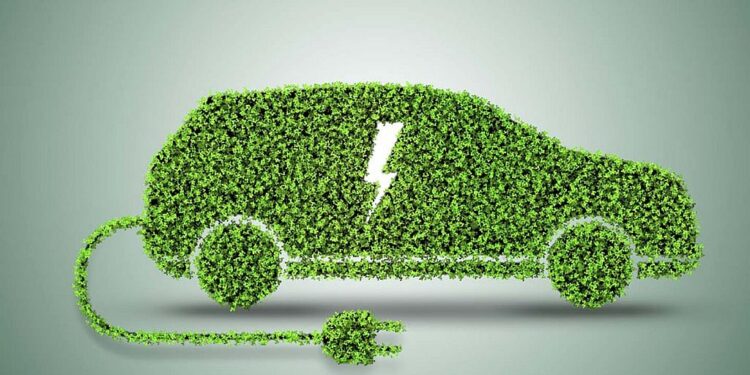As Tanzania continues to develop its infrastructure and urban areas, the adoption of electric vehicles (EVs) emerges as a pivotal solution for sustainable transportation. With increasing urbanization and the challenges posed by pollution and traffic congestion, the transition to electric vehicles presents a promising opportunity for cities across the nation.
Addressing Urban Challenges
Tanzanian cities, particularly Dar es Salaam, face significant environmental challenges. Rapid population growth and industrialization have led to heightened levels of air pollution and increased carbon emissions. The introduction of electric vehicles can significantly mitigate these issues by offering a cleaner alternative to traditional gasoline-powered cars. EVs produce zero tailpipe emissions, which can lead to improved air quality and public health.
Government Support and Policy Initiatives
The Tanzanian government recognizes the importance of sustainable transportation and is taking steps to promote electric vehicles. Recent policies aim to facilitate the importation of EVs through tax incentives and reduced tariffs, making them more accessible to the public. Additionally, the government is investing in charging infrastructure to support the growing demand for electric vehicles. These initiatives are crucial in encouraging consumers to make the switch to eco-friendly transportation options.
Infrastructure Development
For electric vehicles to thrive, a robust charging infrastructure is essential. Major cities in Tanzania are beginning to see the establishment of charging stations, which is vital for alleviating concerns about range anxiety among potential EV owners. The growth of renewable energy sources, such as solar and wind power, can further enhance the sustainability of electric vehicle charging, reducing the carbon footprint associated with electricity production.
Economic Opportunities
The shift to electric vehicles is not only an environmental imperative but also an economic opportunity for Tanzania. By fostering a local electric vehicle market, the country can stimulate job creation in the manufacturing, maintenance, and service sectors. Additionally, partnerships with international companies can bring in expertise and technology, further enhancing the local industry.
Public Awareness and Education
For the transition to electric vehicles to be successful, public awareness and education campaigns are essential. Citizens need to understand the benefits of electric vehicles, including long-term cost savings, reduced environmental impact, and enhanced urban mobility. Community outreach programs can help demystify electric vehicles and encourage more people to consider them as viable transportation options.
Conclusion
The future of electric vehicles in Tanzanian cities holds great promise for creating a more sustainable and environmentally friendly urban landscape. With government support, infrastructure development, and public awareness, Tanzania can lead the charge towards a cleaner transportation future. As cities continue to grow, embracing electric vehicles will be vital for addressing the pressing challenges of pollution and urban congestion.




